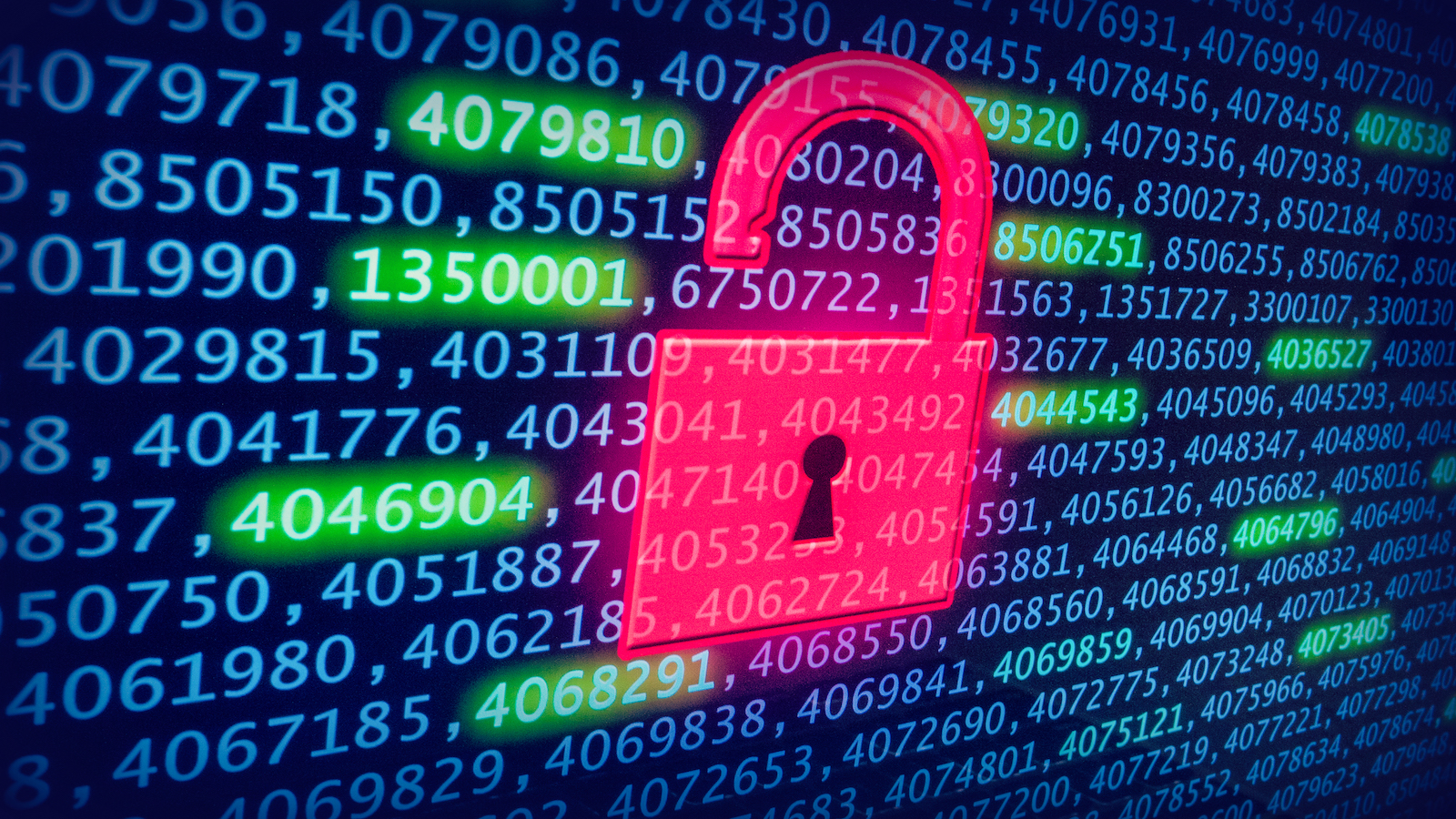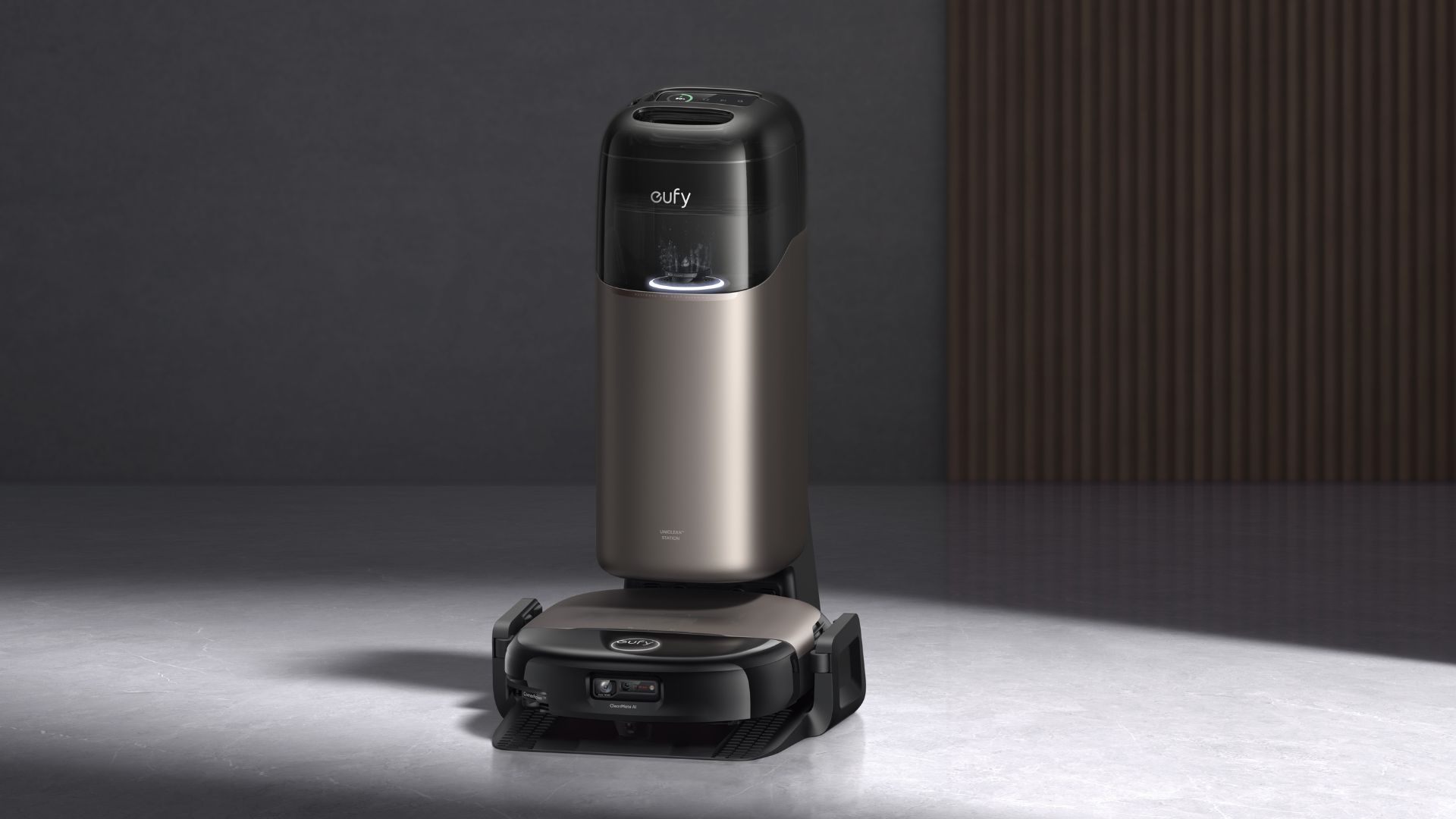1.7 million people hit in massive credit card data breach — what to do now
Names, addresses, card numbers and other sensitive data exposed

Keeping your credit card details safe from hackers just got a whole lot more difficult following a new data breach at a payment gateway provider that affects almost 1.7 million people.
As reported by BleepingComputer, just like with other recent data breaches, your sensitive financial information could now be in the hands of hackers through no fault of your own. This is because hackers managed to gain access to the network of Slim CD which provides payment processing services for both online and offline merchants.
To make matters worse, the hackers in question had access to the company’s network for almost a year. However, they only managed to steal credit card information between June 14 and 15 of this year.
Here’s everything you need to know about this latest data breach along with some steps you can take to ensure your credit card numbers aren’t misused online.
Infiltrated by hackers for almost a year

Back in mid-June, Slim CD first discovered that unauthorized users had accessed its systems. The company then conducted an internal investigation in which it found that hackers first made their way into its network back in August of last year.
Fortunately though, according to a data breach notification sent out to impact individuals, the hackers behind this breach were only able to view or steal credit card information between June 14 and 15, 2024.
As for what data was stolen, Slim CD says that full names, physical addresses, credit card numbers and card expiration dates were all obtained as a result of the breach. However, card verification numbers or CVVs weren't stolen according to the company.
Get instant access to breaking news, the hottest reviews, great deals and helpful tips.
Without a CVV to go with all of that stolen credit card data, hackers won’t be able to make fraudulent transactions with your credit card. However, there is still some risk of credit card fraud.
How to stay safe after this data breach

Normally after a major data breach, the impacted companies will offer free access to either the best identity theft protection services or at least credit monitoring. Unfortunately though, Slim CD isn’t doing anything like this for impacted individuals.
This means it’s up to you to take the necessary steps to protect yourself. For starters, if you did receive a data breach notification, you should probably reach out to your bank or credit card provider about getting a replacement card. From there, you’re also going to want to monitor all of your financial accounts for signs of fraud. If you find any, you should then notify your bank immediately.
While Slim CD isn’t offering compensation or free access to identity theft protection, the company has taken steps to implement additional safeguards to its network and it also reported the incident to federal law enforcement and regulatory authorities.
We’ve seen a surge in data breaches in recent months and as they can be quite lucrative for hackers, this probably won’t change anytime soon. Data breaches have become a fact of life at this point but hopefully governments around the world will take action to help prevent them and hold the affected companies responsible soon.
More from Tom's Guide
- This Android malware uses stolen NFC data to drain your accounts
- Latest sextortion scam combines stolen data to target victims directly
- New macOS malware poses as legitimate apps to steal passwords and personal data

Anthony Spadafora is the managing editor for security and home office furniture at Tom’s Guide where he covers everything from data breaches to password managers and the best way to cover your whole home or business with Wi-Fi. He also reviews standing desks, office chairs and other home office accessories with a penchant for building desk setups. Before joining the team, Anthony wrote for ITProPortal while living in Korea and later for TechRadar Pro after moving back to the US. Based in Houston, Texas, when he’s not writing Anthony can be found tinkering with PCs and game consoles, managing cables and upgrading his smart home.
